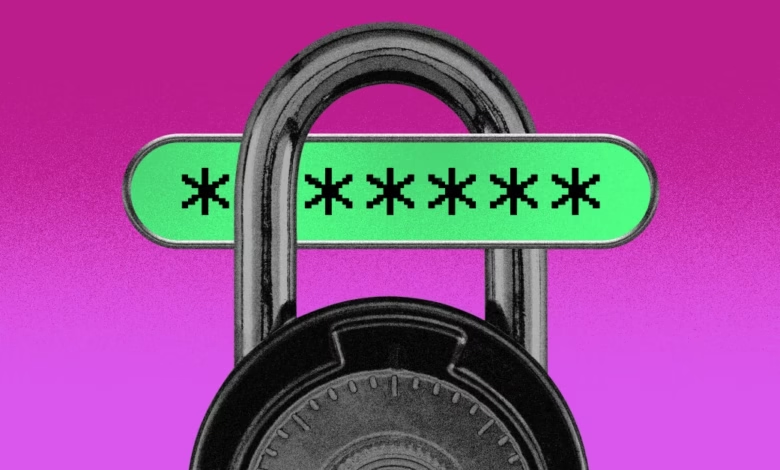Facebook Adds Passkey Support to Combat Phishing

▼ Summary
– Facebook is introducing passkey support for its mobile app, allowing users to log in via device authentication methods like fingerprint, face scan, or PIN.
– Passkeys enhance security by being resistant to theft, guessing, or leaks and offer protection against phishing scams by linking to specific domains.
– Meta has not announced a specific rollout timeline but confirms passkey support will arrive “soon” on Android and iOS, including for Messenger.
– Users can still log in with passwords, physical security keys, or two-factor authentication even after setting up a passkey.
– Passkeys will also be usable for autofilling payment information on Meta Pay, expanding their functionality beyond just account login.
Facebook is rolling out passkey support for its mobile app, offering users a more secure way to log in without relying on traditional passwords. This new feature allows authentication through biometric methods like fingerprint scans or facial recognition, as well as device PINs, significantly reducing the risk of account takeovers by hackers.
Passkeys provide stronger security than standard passwords since they can’t be guessed, stolen, or leaked in data breaches. They also help prevent phishing attacks by automatically verifying legitimate websites, meaning even if a scammer tricks you into visiting a fake login page, your passkey won’t work there. However, security experts warn that users who manually enter passwords on fraudulent sites could still fall victim to phishing.
While Meta hasn’t announced an exact release date, the company confirmed that passkey support will arrive “soon” for both Android and iOS. The feature will also extend to Messenger, allowing users to log in with the same passkey set up for Facebook. This move aligns with broader industry trends, as tech giants like Google, Apple, and Microsoft have already adopted passkey technology. Even Meta-owned WhatsApp introduced passkeys earlier this year.
Despite the added security, users can still opt for traditional passwords if they prefer. Other login methods, such as physical security keys and two-factor authentication, will remain available. Additionally, Meta plans to integrate passkeys for payment autofill in Meta Pay, streamlining secure transactions across its platforms.
By embracing passkeys, Facebook aims to enhance account security while simplifying the login process, reducing reliance on easily compromised passwords. As cyber threats grow more sophisticated, this shift could help millions of users safeguard their personal data.
(Source: The Verge)

